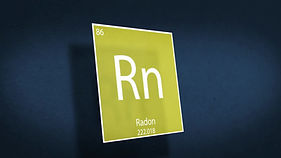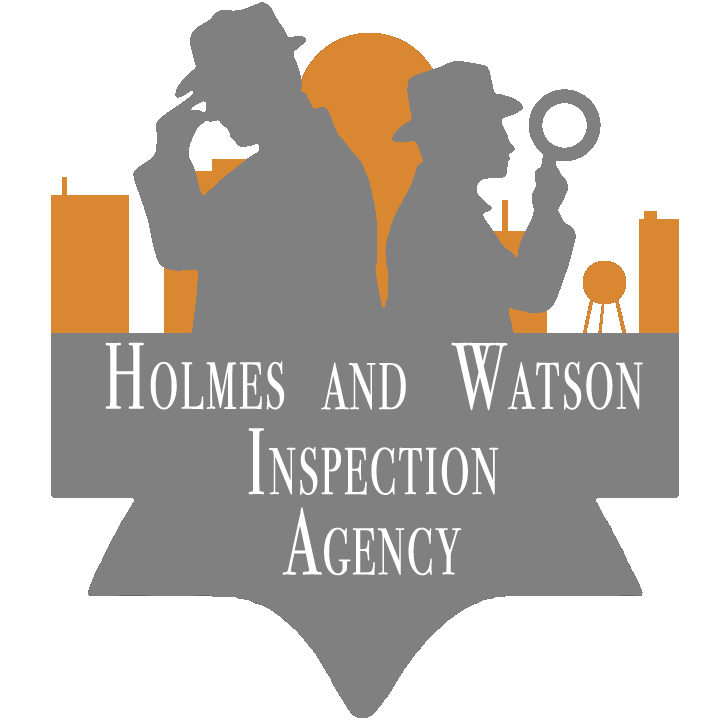


RADON TESTING
Our Radon Testing Inspection service provides a comprehensive evaluation of your home for the presence of radon gas. We use advanced detection equipment to accurately measure and analyze the radon levels in your home. Our experienced technicians will provide you with a detailed report of their findings and any necessary recommendations. We guarantee that all of our inspections are conducted in accordance with all applicable regulations. Our goal is to provide you with peace of mind by delivering accurate and reliable results. We are committed to providing you with the best service and highest level of customer satisfaction.
GOAL OF INSPECTION
The goal of the inspection is to provide observations that may indicate that a radon mitigation system was installed improperly, is not performing as designed, or is in need of repair.
Although InterNACHI’s Standards of Practice for Inspecting Commercial Properties and InterNACHI’s Home Inspection Standards of Practice do not require the inspector to perform radon mitigation system inspections, one may be offered in conjunction with a complete commercial or residential property inspection, or as a separate, stand-alone inspection service.
We currently offer Home Inspections and Radon Testing in the following North Carolina areas:
Winston Salem, Greensboro, High Point, Lexington, Oak Ridge, Summerfield, Mocksville, Mt. Airy, Stokesdale, Burlington, Asheboro, Charlotte, Concord, Salisbury, Lake Norman areas, Huntersville, Hickory, Boone, Blowing Rock, West Jefferson and all surrounding North Carolina areas.



Key Points For Radon Testing
Radon testing should be conducted in all homes, regardless of their location or age.
-
The EPA recommends that radon tests be conducted in the lowest livable area of the home, such as the basement.
-
Radon tests can be conducted using passive or active methods. Passive methods involve leaving a test kit in the home for a specified period, while active methods involve using electronic monitors that continuously measure radon levels.
-
The EPA recommends that radon tests be conducted for at least 48 hours and that closed building conditions are maintained during the test.
-
If radon levels in the home are found to be above the EPA action level of 4.0 picocuries per liter (pCi/L), then the homeowner should take steps to mitigate the radon levels.
-
Home inspectors should provide a detailed report outlining the radon test results and any recommended mitigation measures.
It's important to note that radon testing is a specialized service, and home inspectors should be properly trained and certified to conduct radon testing. If a home inspector is not certified to conduct radon testing, they should recommend that the homeowner hire a certified radon testing professional.






